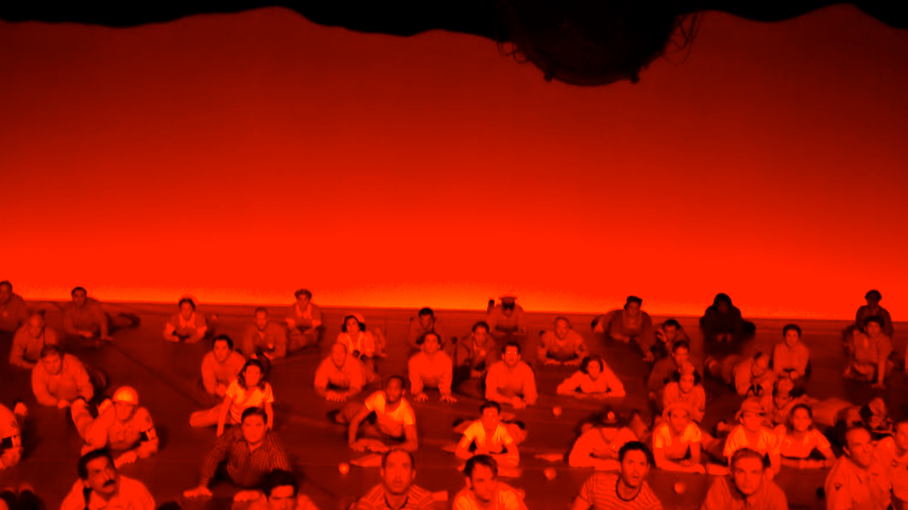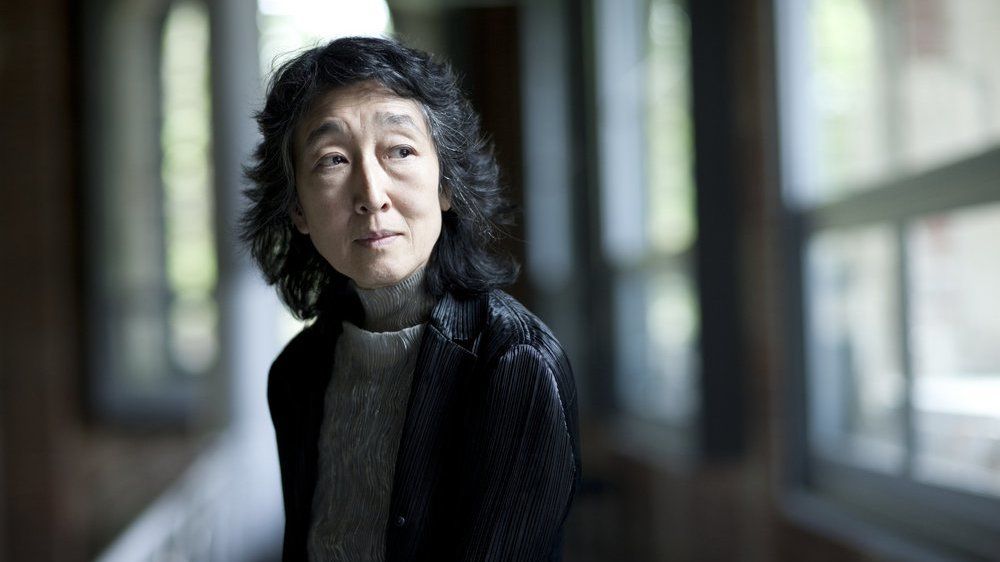The Anxiety of Influence: Beethoven’s Third Piano Concerto
Ah, we shall never be able to do anything like that! Apparently, Beethoven made this remark to the pianist-composer Johann Baptist Cramer after hearing Mozart’s stormy Piano Concerto No. 24 in C minor, a piece we explored last week. Beethoven’s enthusiasm for Mozart’s Concerto is a testament to its sublime, haunting drama and even Romantic foreshadowings. You can hear its influence in the first movement of Beethoven’s Third Piano Concerto, also in C minor. Mozart’s …







